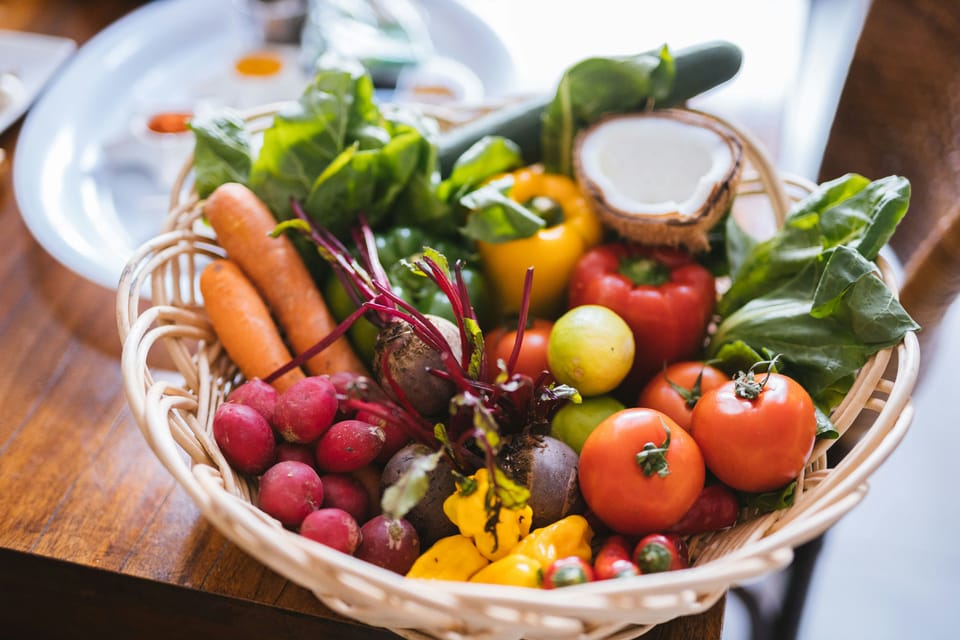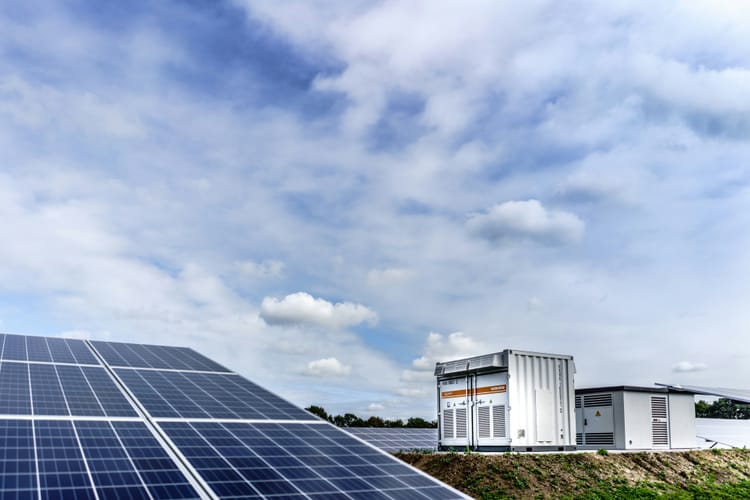Food sustainability leaders call for ‘basket-level transformation’
“Diets that protect the planet also promote human wellbeing."

Sustainability leaders in the food sector argue that companies’ work on healthy diets and sustainability should be integrated in order to drive systemic change in a new white paper.
Climate change is no longer a future risk for the food industry: extreme weather events already cost EU farmers €28 billion a year, and investors in the sector have been warned that their climate-related losses could reach US$38 trillion by 2050. But the sustainable transformation of the food system is facing enormous economic and cultural hurdles.







